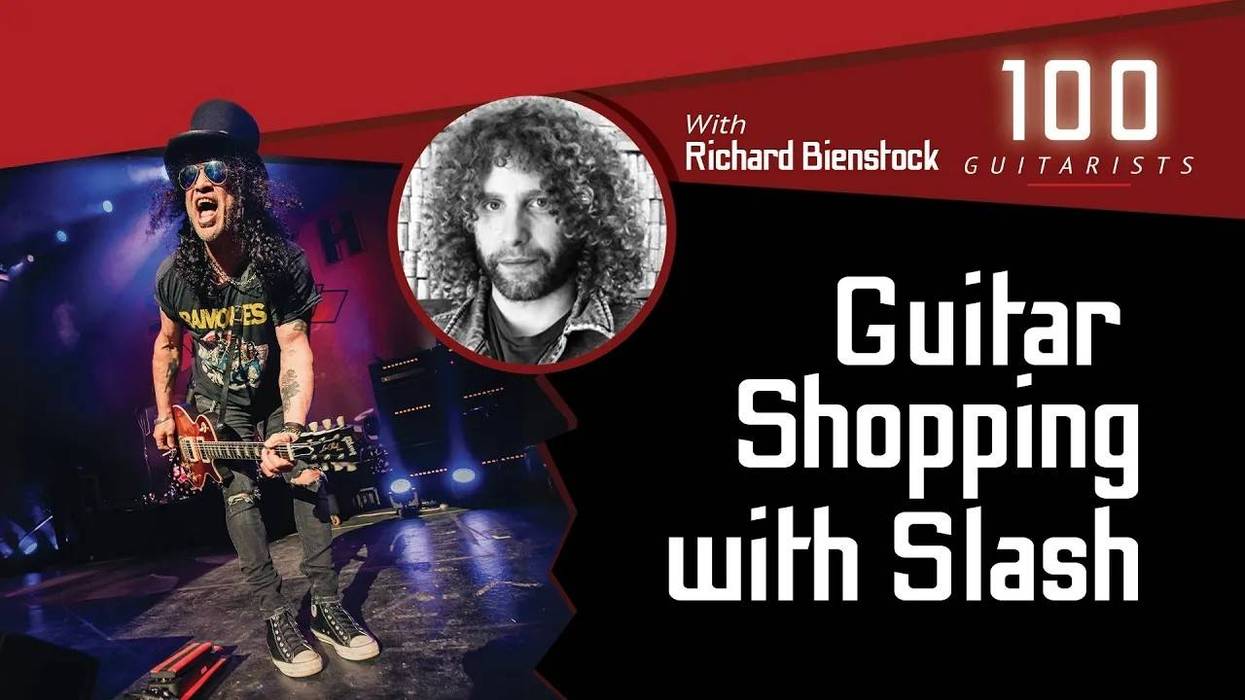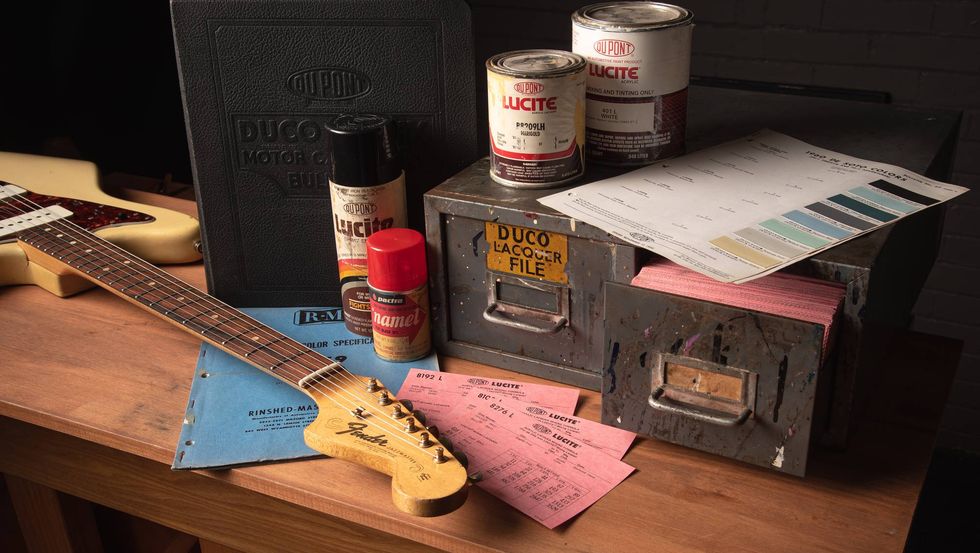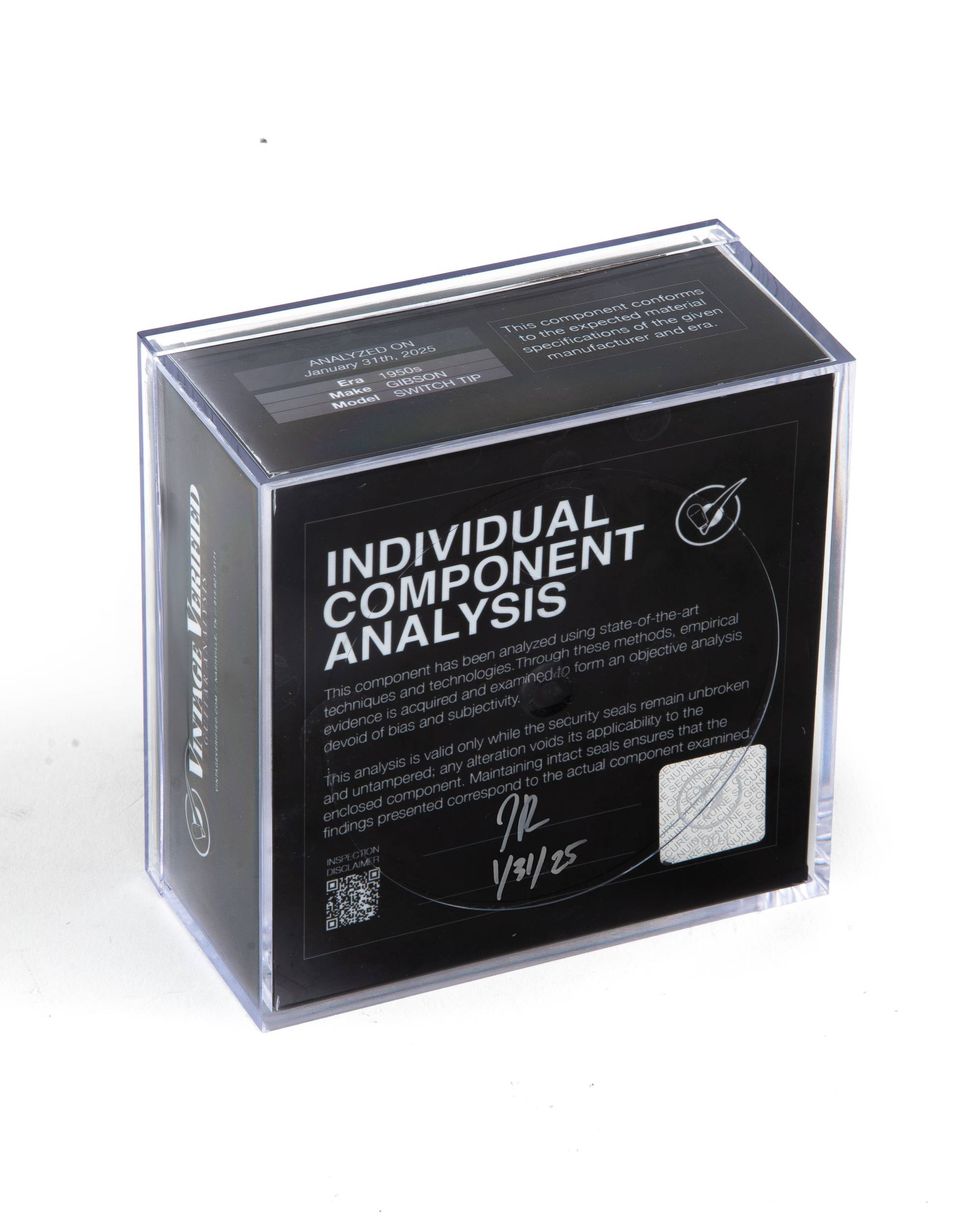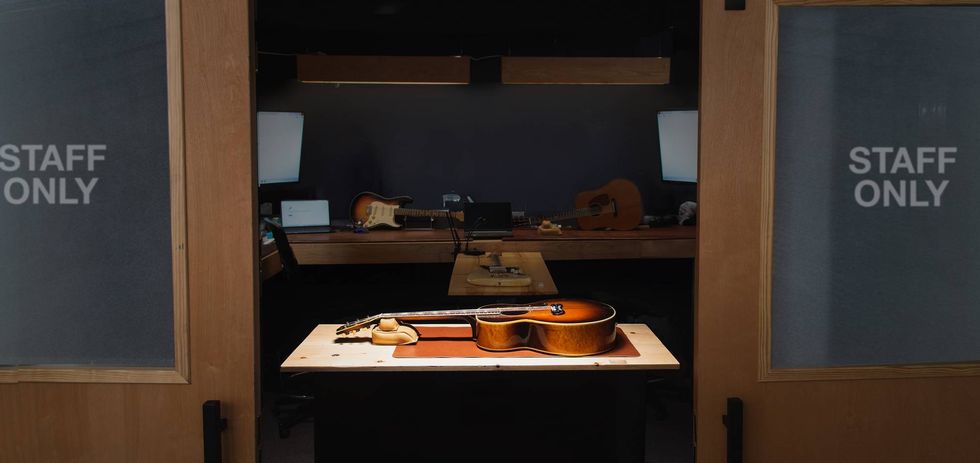I used to be one of those guitarists that didn’t know anything about how his equipment worked. If an amp had problems, I would just take it to my amp tech and hope for the best. It was frustrating not knowing what was going on at times, but I had my hands full just trying to play guitar and write songs.
$0
$0
A few years ago, I was touring and coming through Boston where my cousin lives. He’s a neuroscientist and I badger him for laymen info on remapping the brain every time we hang out. I’m always looking for ways to get deeper in my thinking and playing, and it can be frustrating being stuck in the same physical form with the same thought patterns. It seems that a lifetime of music has really defined the way my brain works. My abstract thought is pretty refined, but more linear thought patterns are harder for me to actualize.
$0
$0
When I got home from that tour, I looked in my studio and saw a room full of vintage amps in various stages of disrepair. I realized that I needed to make a lot more money, or learn how to fix them myself. I was also in the process of building my recording studio and really wanted some cool old preamps and compressors, but those were also out of my price range. So the logical move for me was to learn how to build and fix the stuff myself. It seemed simple enough—just build cool stuff and learn about electronics in the process! With a glorified image in mind of my new hobby, I ordered a tube preamp kit from Hamptone—probably not the best project to start with. I didn’t know anything about electronics or electricity, and a basic understanding of the difference between AC and DC was beyond me. This little oversight resulted in some pretty heavy voltage searching for ground through my skin. And high voltage shock treatment is not fun to mess around with, unless you are into that kind of thing.
$0
$0
$0
I looked in my studio and saw a room full of vintage amps in various
stages of disrepair. I realized that I needed to make a lot more money,
or learn how to fix them myself.
$0
$0
I did eventually get the preamp working, and slowly started building up a
collection of gear that I made myself. In the process, I learned quite a
bit about why things sounded they way they did, slowly acquired basic
electronic theory, and ultimately started building guitar amps. I’ve had
a long fascination with EL84 based amps, ever since buying an AC30 in
the mid ’90s. They had a lot of the elements that I wanted in other
amps—the compression, bite, and way they cleaned up differently than a
Fender—but had yet to find. So I built almost every variation on them
including AC15s, AC30s, DC30s, Matchless, and Trainwreck styles—until I
knew the circuit pretty well. I started understanding the different
preamp sections and how they would voice the amp, and in doing so, I was
able to tailor amps that fit my playing.
$0
$0
I had to wade through a lot of information about high gain amps, which
often seems to often be the focus of many gear builders. But in time, I
started meeting people who had a similar tastes in amplifiers to
mine—simple, solid, and classic. I had a lot of help from friends like
Adam Grimm of Satellite Amps, who make some phenomenal sounding EL84
amps, and Bill Webb, who taught me where and how to best tame preamp
gain. My numerous builder friends allowed me to lean on them for my
myriad of questions, and with their help, I’ve built many amps—including
the two main touring amps I am currently using! I’m now working on some
6L6 designs, but music and recording have demanded face time, so these
projects are patiently waiting my return.
$0
$0
I remember when I bought my first Fender. It was a transition Super
Reverb that I used for the first four or five years of my career. I
remember taking it home, messing with the controls, and finding the
perfect sound for me—volume on 3 or 4, treble backed off a bit, bass
around 5 or so, and the reverb on 3 or 4. The sound was lush and gentle.
Playing double stop guitar stuff in the Curtis Mayfield/Jimi mold was
magical, and I could sit there for hours just enjoying the feeling and
sound. Building amps and trying them out for voicing brought a similar
feeling to those first days of playing. The days when I would go out to
my studio and fall into a reverie, playing chords and riffs, and getting
lost in the magic of it all. Building really brought me back to the joy
of playing guitar. It’s funny that a hobby I started with completely
different goals, brought me back to my early love of playing.
$0
$0
There is such a wealth of information on that sharply honed double-edged
sword called the internet. Just a decade ago, you would have to wade
through reams of technical papers and books to get the information you
can now get with the click of a mouse. Now we have the 18-watt site, the
Ampage site, the Prodigy Forums—the list goes on and on. And many of
those technical papers are now online for you to dive into at your
leisure.
$0
$0
In the recording world, many engineers and producers are of the opinion
that technology has tremendously lowered the bar with current music.
Musicians can now record themselves at home for almost nothing, and with
some time and attention to detail, get results that rival or surpass
the great studios. While it’s true there is a lot more mediocre stuff
out there, many people have really blossomed in the newfound role as
engineer and producer—bringing a levity and creativity that was lost in
the self-importance and deeply rutted approach of some of the greats. It
wouldn’t be too much of a stretch to think that players could have some
similar breakthroughs with hobby building! I know my many years of
touring have taught me what specifically works for me, and what I want
in an amp. Peter Stroud’s 65Amps and the absolutely brilliant amps in
their lineup are a perfect example of touring experience and know-how
going into amp design. If nothing else, it is rewarding to play
something I have built from the ground up, and be able to tweak it to my
needs. Though I may be romanticizing a bit, I like to think my brain
runs a little smoother as well.
$0
$0
$0
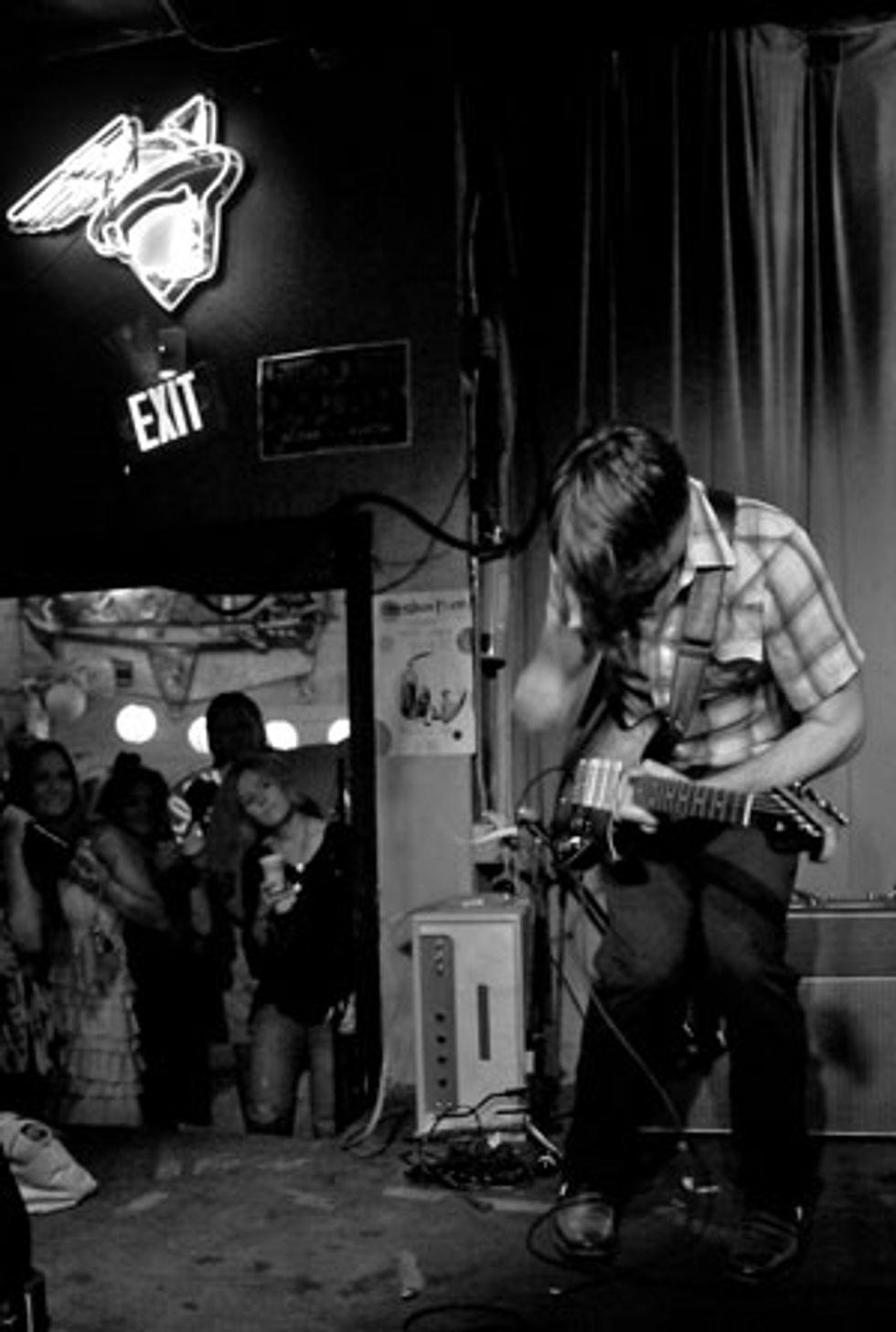
Search
Latest Stories
Start your day right!
Get latest updates and insights delivered to your inbox.
Premier Guitar features affiliate links to help support our content. We may earn a commission on any affiliated purchases.
The Latest
More for you
Most Popular
Don’t Miss Out
Get the latest updates and insights delivered to your inbox.


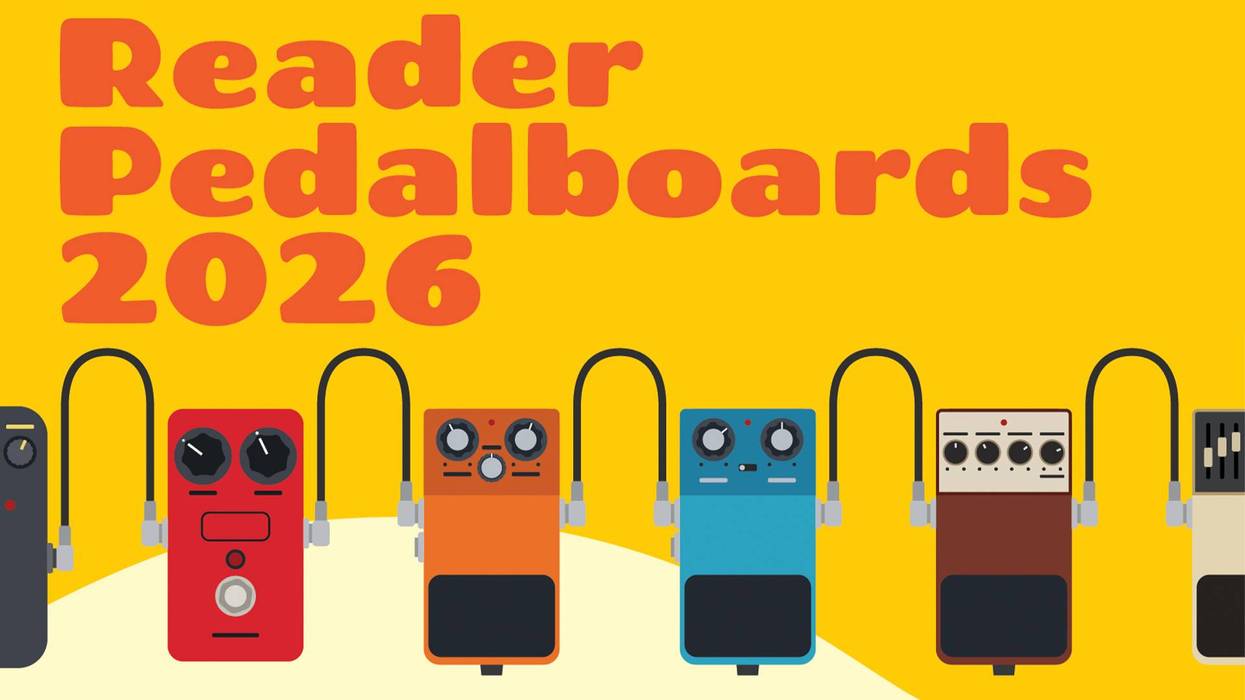



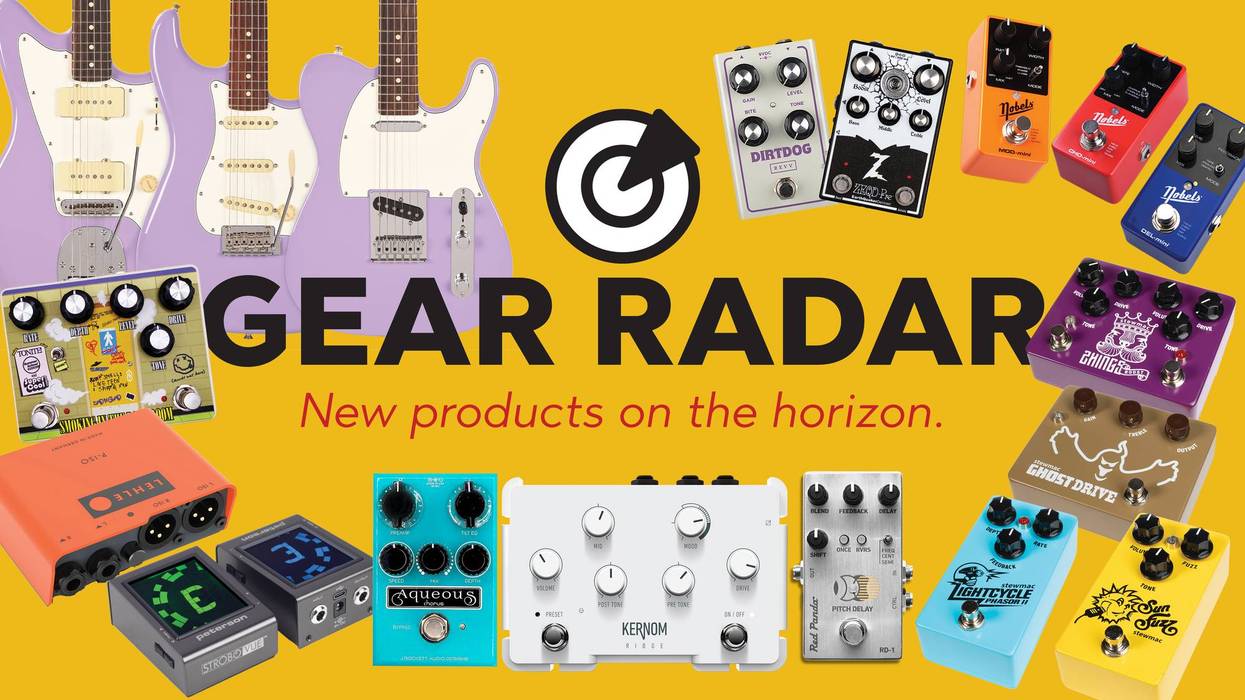
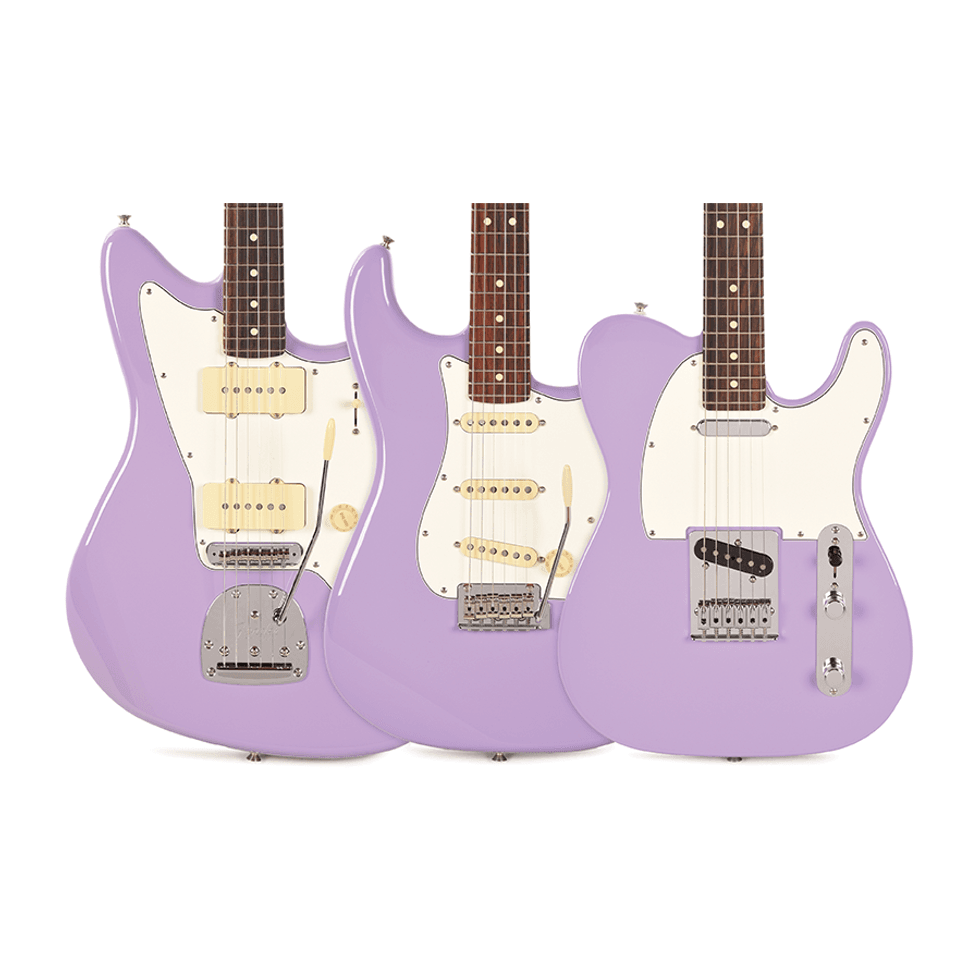
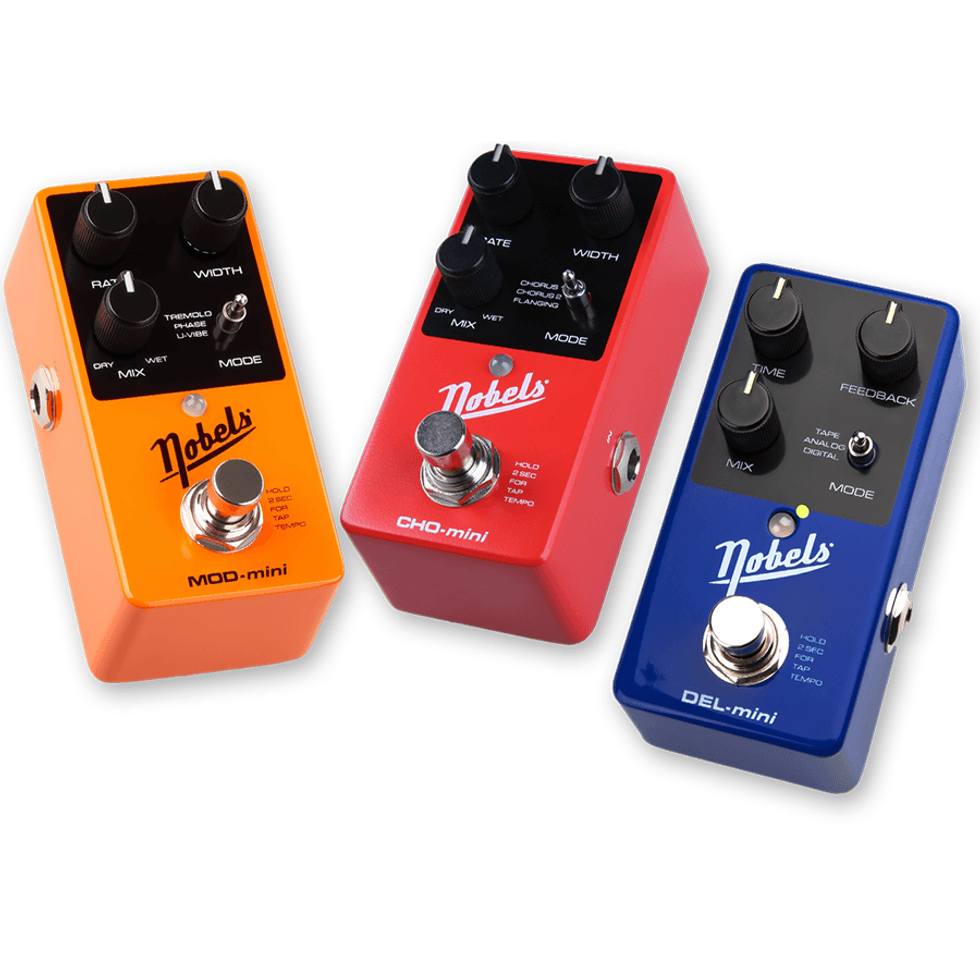
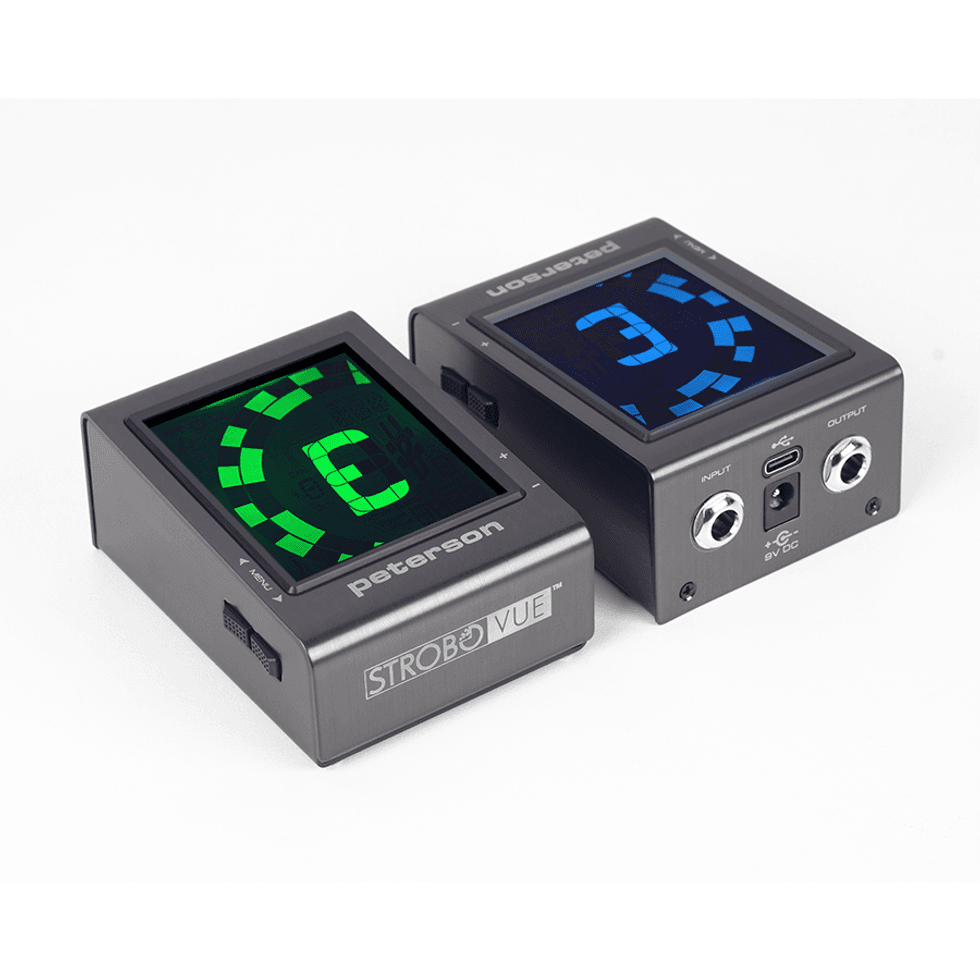
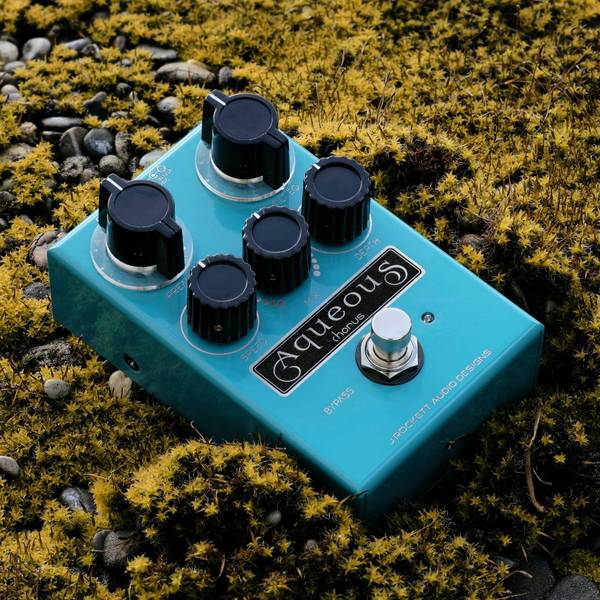
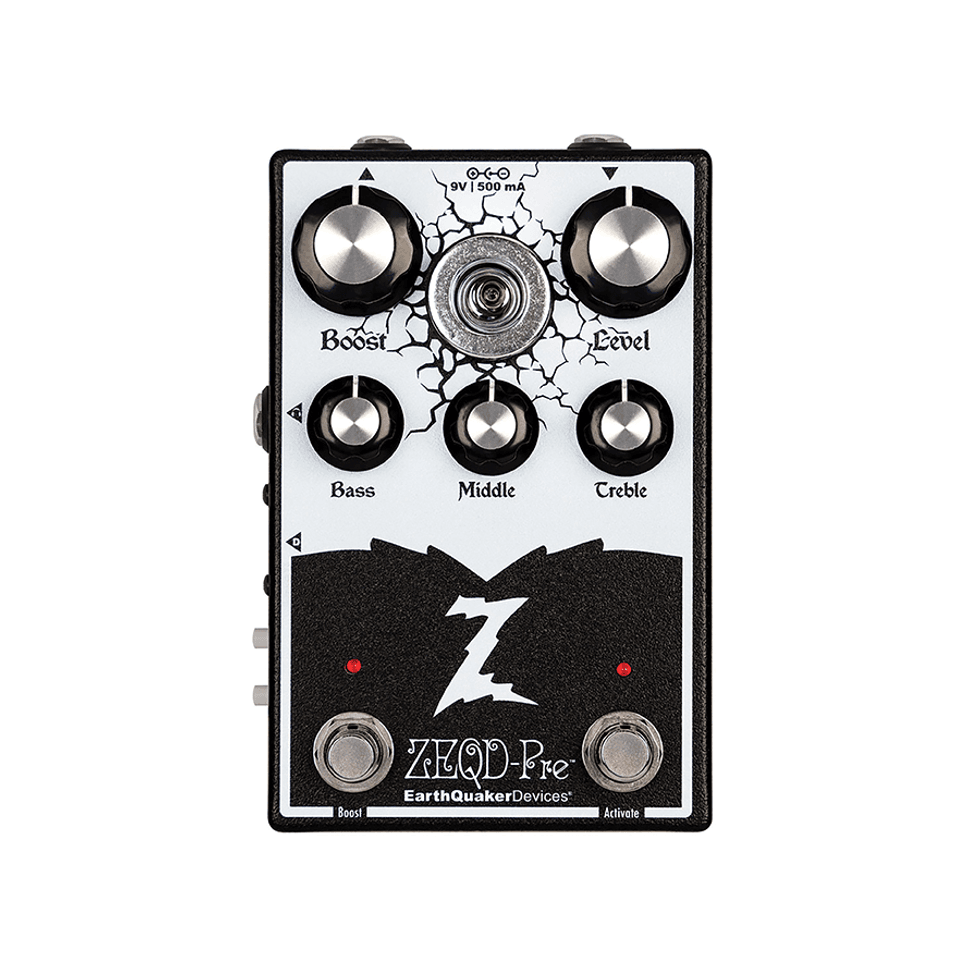
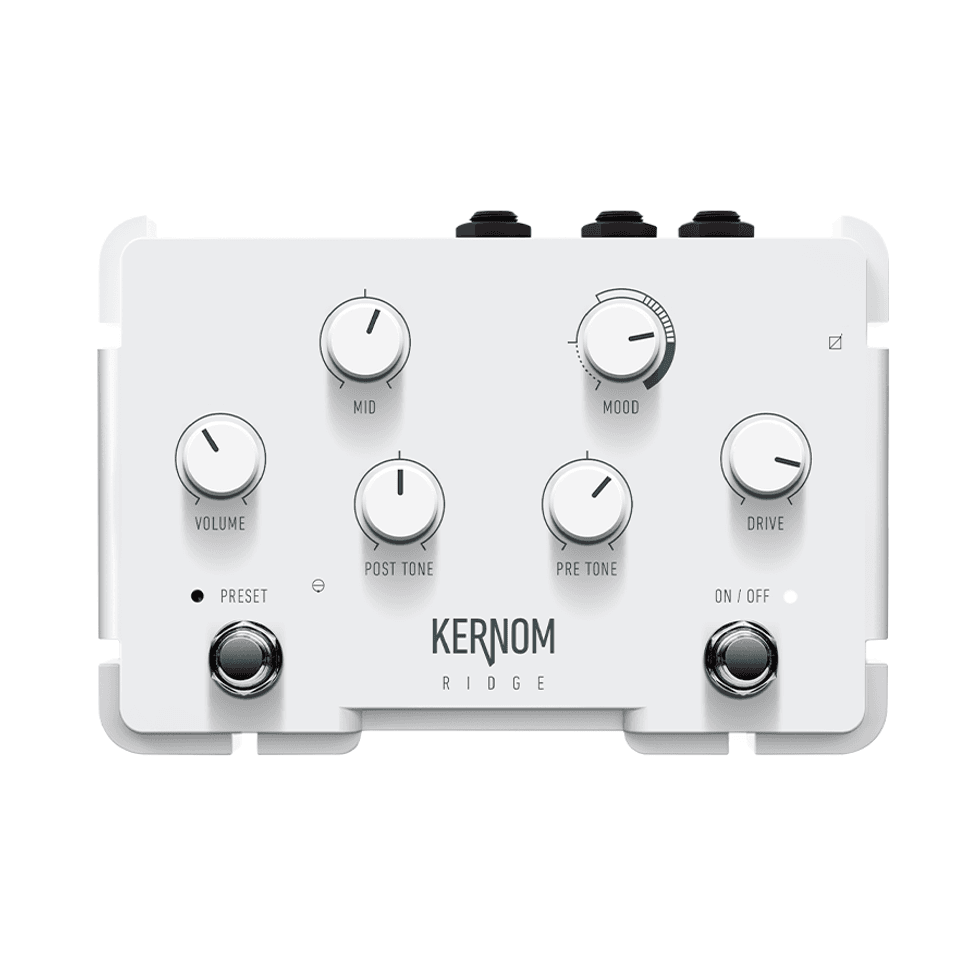
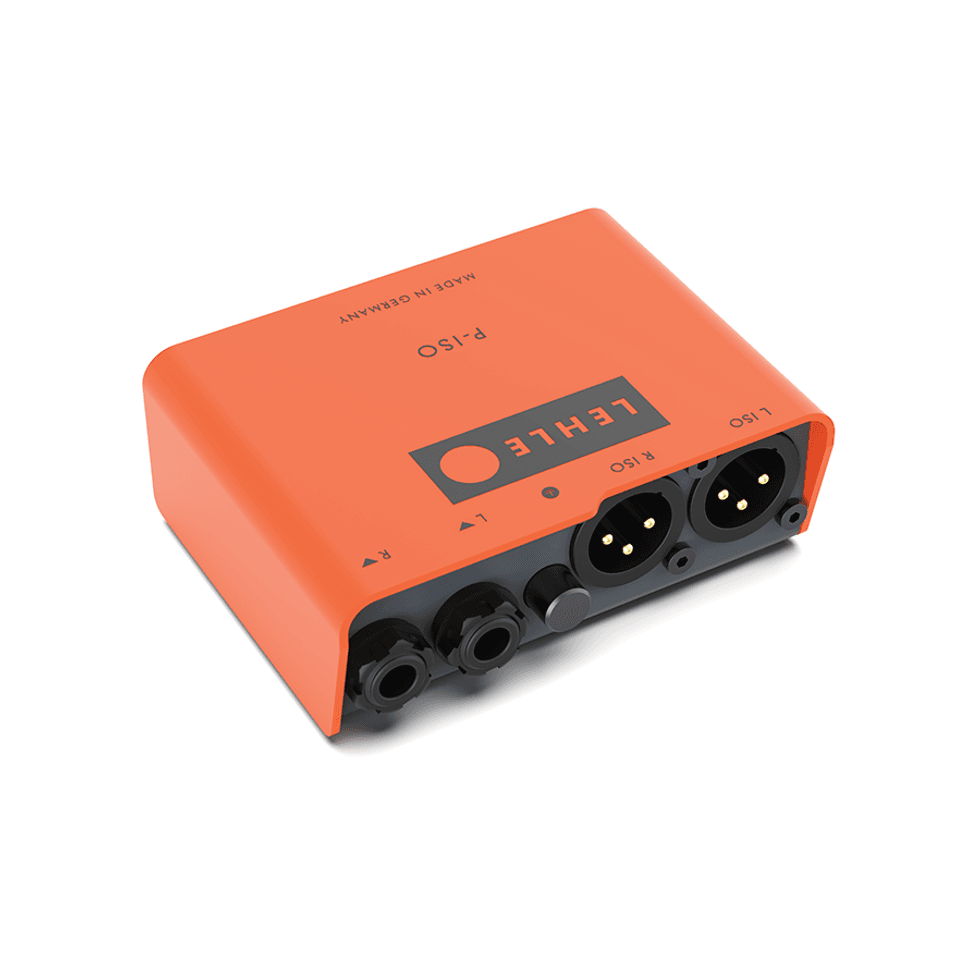
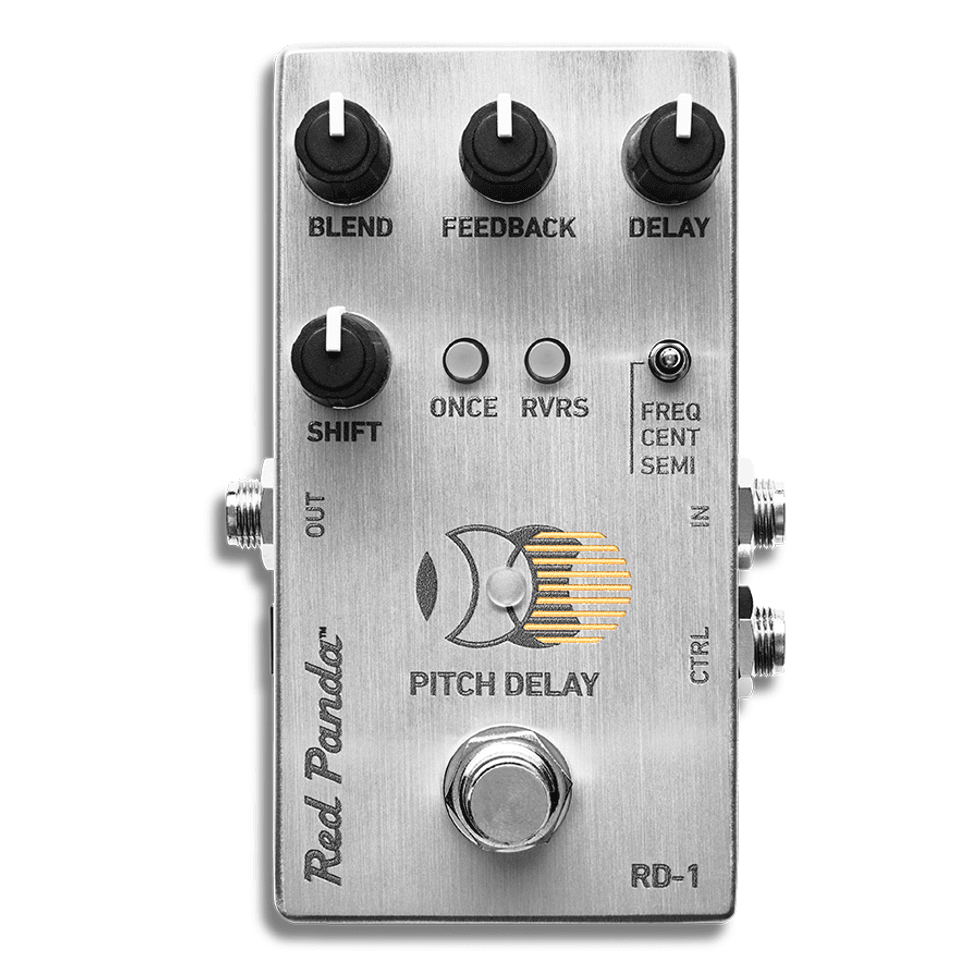
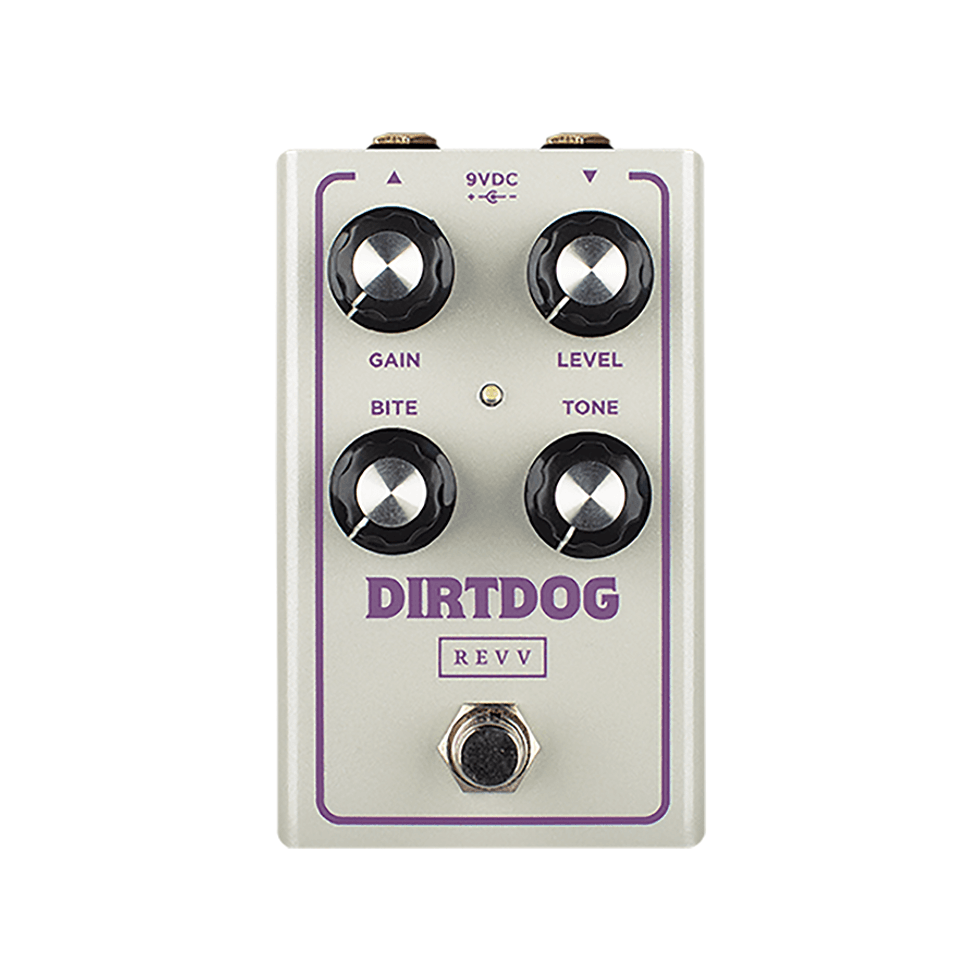
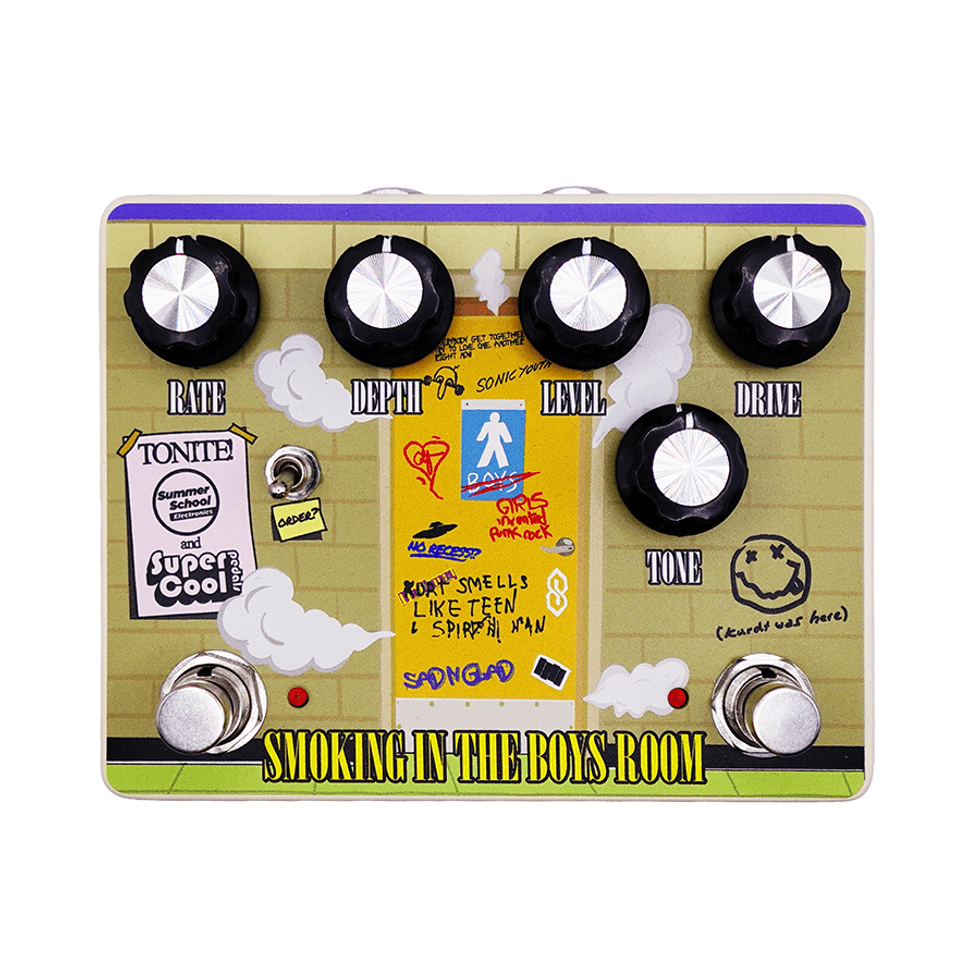
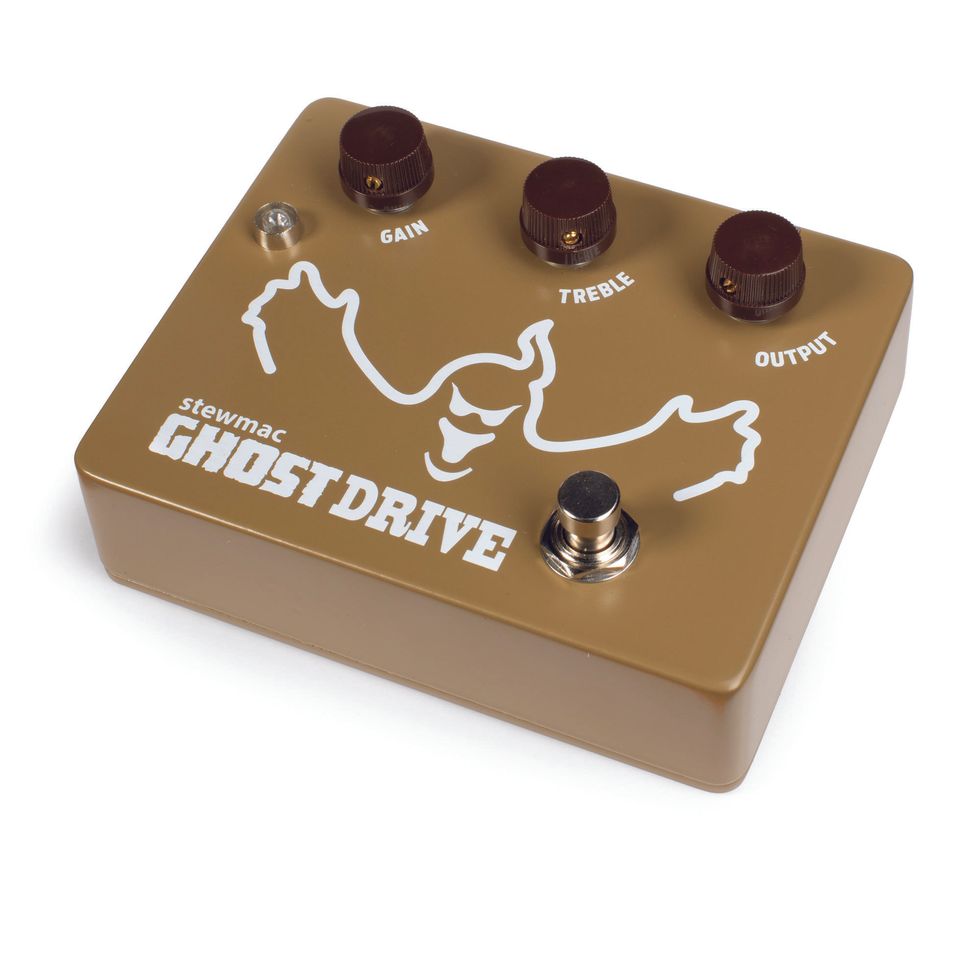
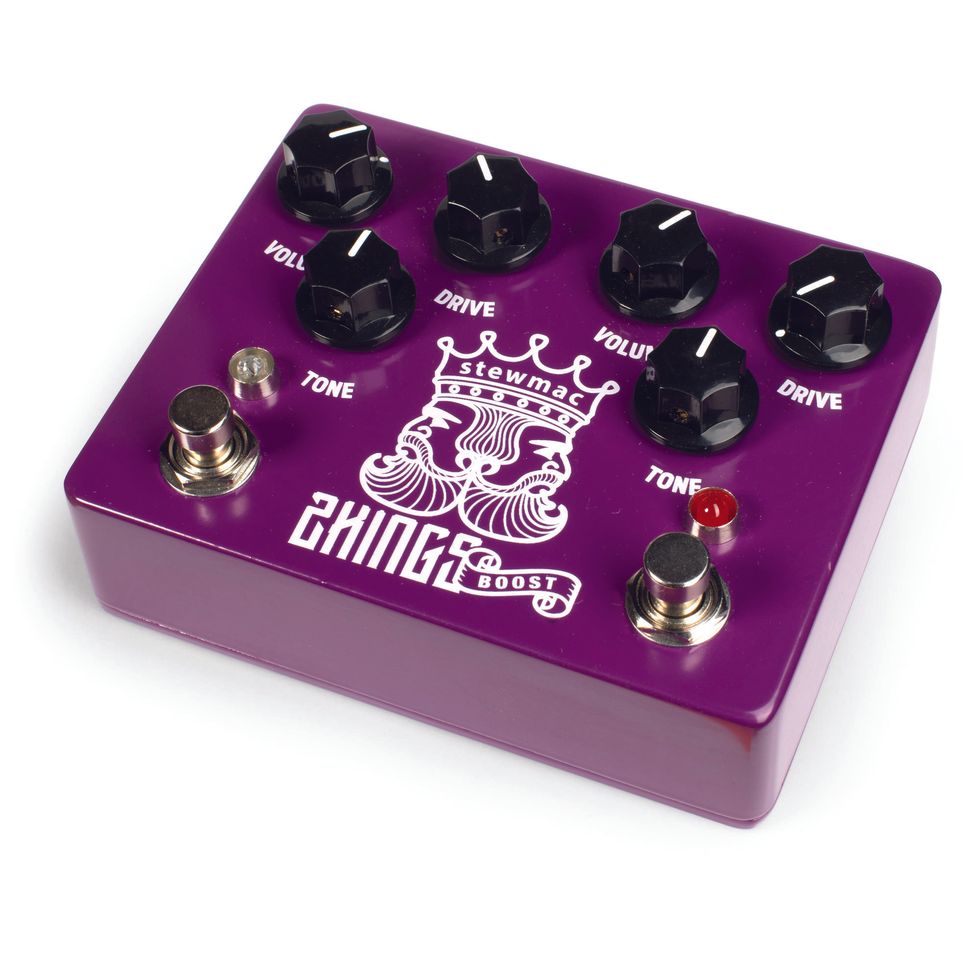
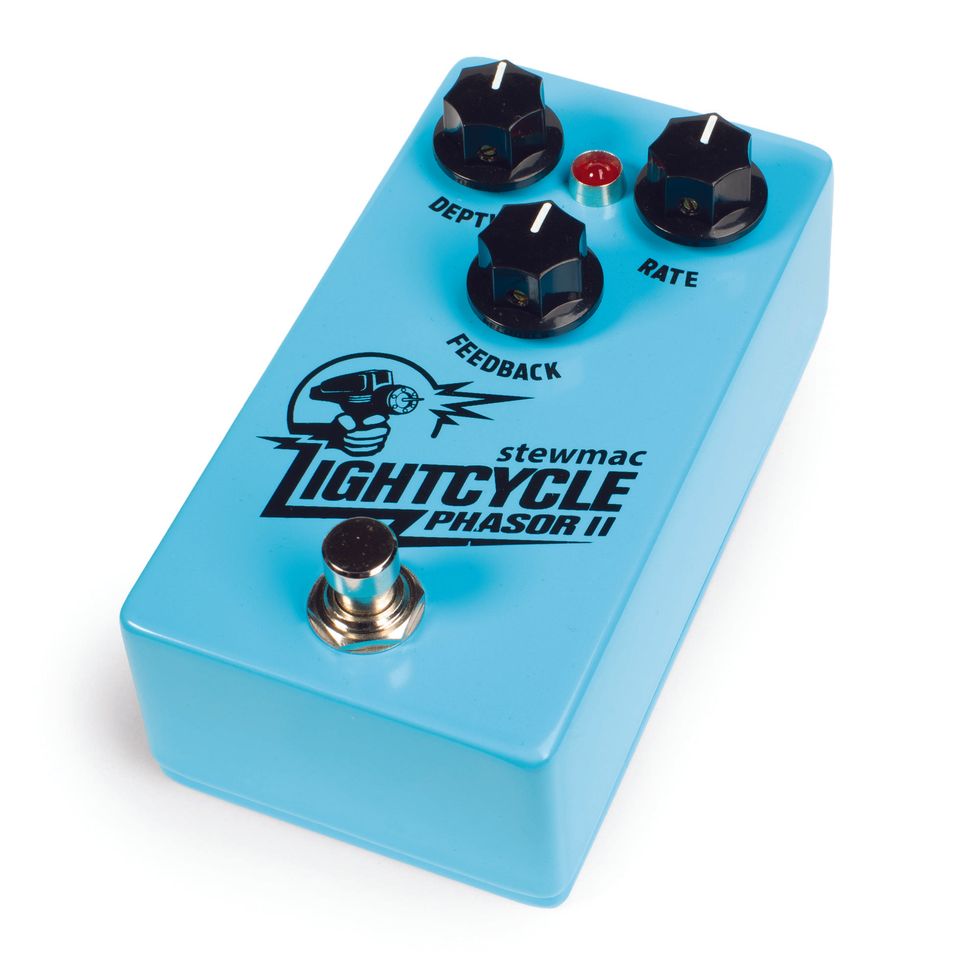
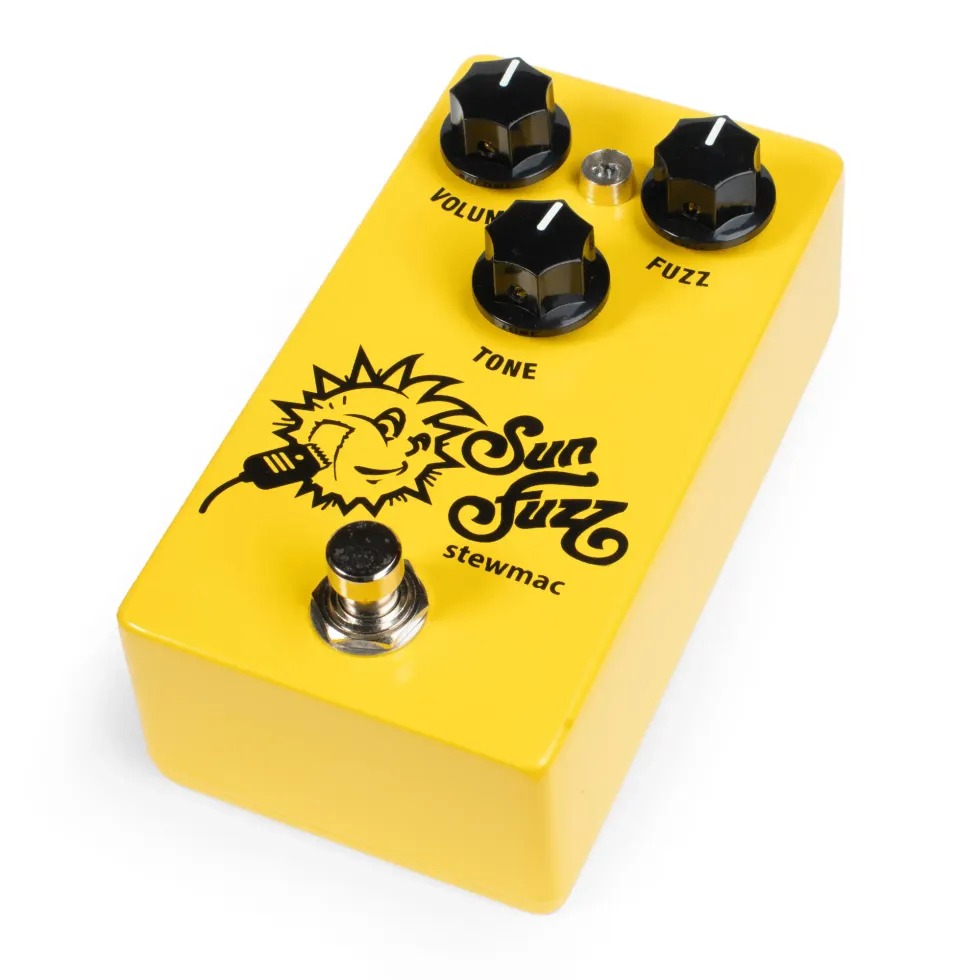

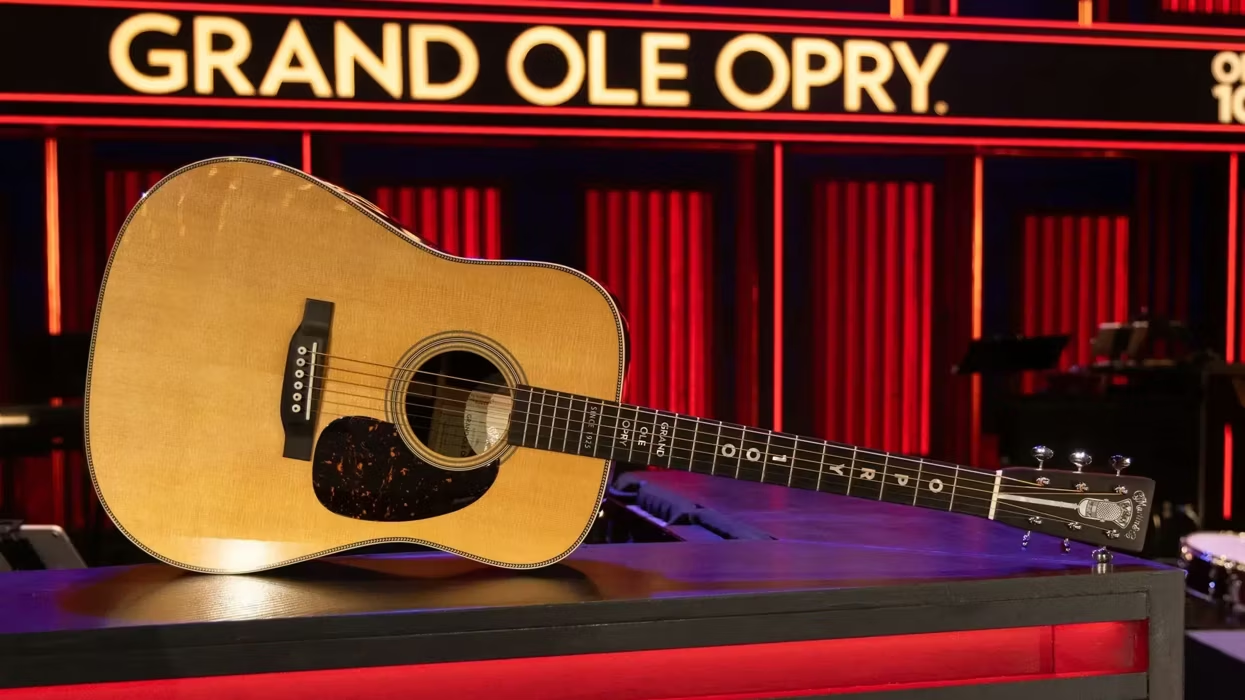
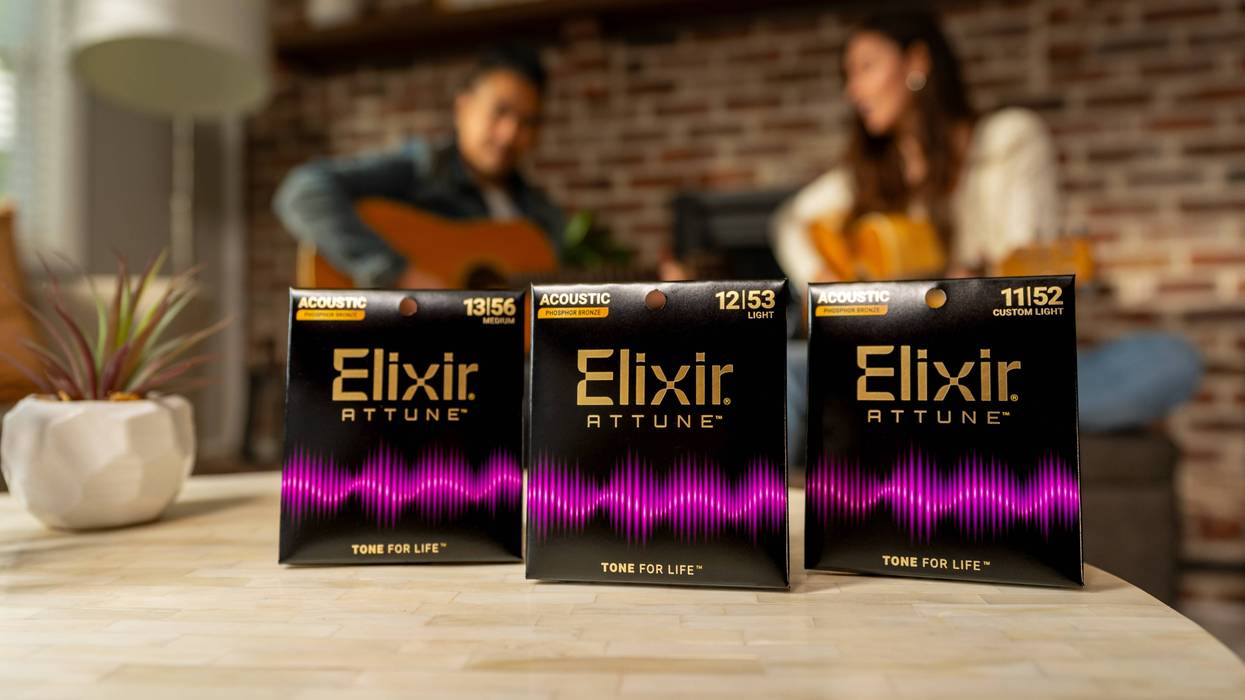
![Rig Rundown: AFI [2025]](https://www.premierguitar.com/media-library/youtube.jpg?id=62064741&width=1245&height=700&quality=70&coordinates=0%2C0%2C0%2C0)

